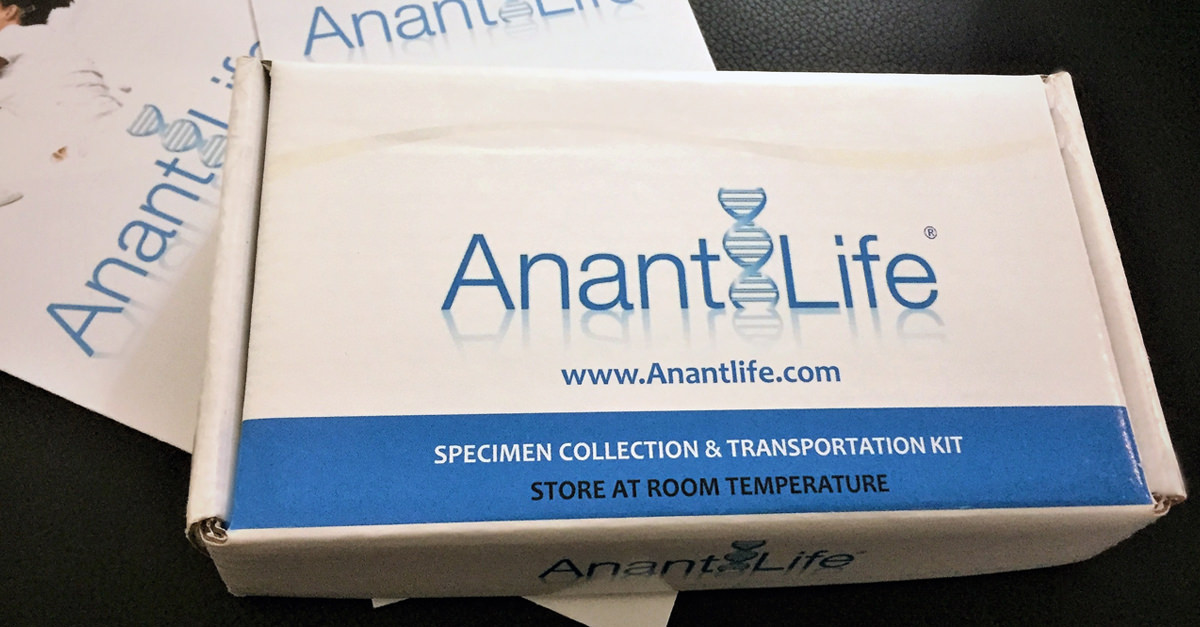The way you react to cannabis is often dependent on the strain you consume. However, your reaction also depends on your own genetics.
Now you can gauge your response to weed with the world’s first genetic test for cannabis. Made by the Canadian company AnantLife, which specializes in genetic tests for medical conditions, the test is pretty simple to take. All you need to do is send in a sample of your saliva (like the DNA tests you might take to determine your ancestry), and the company will identify “polymorphisms,” or genetic markers that could suggest what kind of reaction you’ll have to cannabis, including psychological disorders or physiological addiction.
Polymorphisms occur in particular genes, and vary from person to person. AnantLife looks for gene variations that could affect your reaction to weed. These variations are somewhat rare. For instance, only about 10 percent of cannabis consumers will end up becoming physiologically dependent on the plant. Others might want to determine if weed will make them anxious or paranoid.

“We are looking at lots and lots of markers. They are defined in different areas such that the test is going to cover genetic predisposition to cannabis dependence. The test also identifies markers for not only dependence, but also cognitive deficits and cardiovascular diseases,” Dr. Rahul Kushwah, chief science officer and cofounder of AnantLife told MERRY JANE. “If someone has a very high predisposition to cardiovascular diseases, then with cannabis uses there can be a lot of risks. We’re also looking at predisposition to eating disorders and how those relate to cannabis use. What the test gives is a complete profile of the individual in terms of how their body is going to react to cannabis.”
Brand new to the market, the genetic test will be available through dispensaries and medical marijuana doctors’ offices. However, only those who are very concerned about trying cannabis may want to buy the test: Currently not covered by health insurance, the test will cost between $800 and $900.
With adult use cannabis legalization sweeping the US and Canada, the onus is on the individual to understand how their body will react to the plant, Kushwah said. “The genetic test offers them the right information, which they can use to make a better decision regarding whether they should be doing it or not.” And with regard to the opioid crisis, he said, the test becomes powerful “in identifying who are the best and who are the worst candidates to move from opioids to medical cannabis.”





